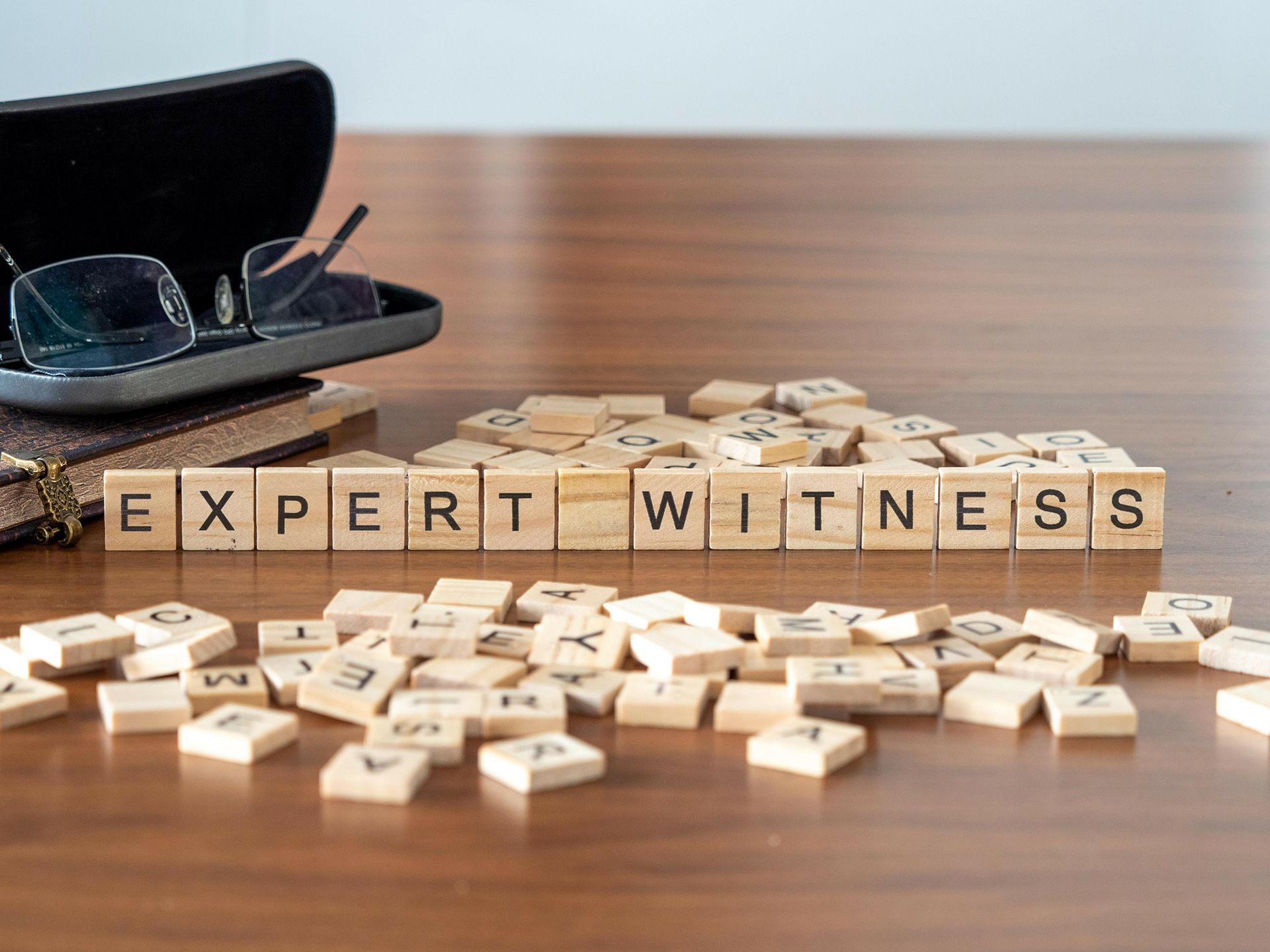
An expert witness is selected based on several factors, including their qualifications, experience, and ability to provide relevant and reliable testimony in a given case. Selecting an expert witness typically begins with the attorney identifying the areas of expertise that are relevant to the case.
Next, the attorney will research to find potential expert witnesses with the necessary qualifications and experience to provide testimony in those areas.
The Pool of Experts – Narrowing Down the Selections
Once a pool of potential expert witnesses is identified, the attorney thoroughly reviews their qualifications and experience. This may include reviewing their resume, publications, and other relevant information about their qualifications and experience. The attorney will also consider any potential conflicts of interest, such as previous work for the opposing party or other relationships that may affect the expert's credibility.
Once the attorney has narrowed down the pool of potential expert witnesses, they will typically conduct a pre-examination interview with the potential expert. During this interview, the attorney will ask the expert about their qualifications and experience, as well as any relevant information specific to the case. The attorney will also assess the expert's ability to communicate effectively and provide clear and concise testimony in court.
After the pre-examination interview, the attorney will decide which expert witness to retain. This decision will be based on the expert's qualifications, experience, and ability to provide relevant and reliable testimony.
Once an expert witness has been selected, they will typically review the relevant documents and evidence in the case. They will also prepare a written report outlining their findings and opinions, which will be used as evidence in court.
The Expert is Deposed in Court
The expert witness will also be required to attend a deposition, where the opposing attorney will question them. This deposition will assess the expert's qualifications, experience, and ability to provide relevant and reliable testimony. It will also prepare the expert for the trial and identify any potential weaknesses in their testimony.
Testifying in Court
Finally, the expert witness will testify in court, where they will be questioned by the attorney who retained them and the opposing attorney. The expert witness's testimony will be evaluated by the judge and jury, who will consider the expert's qualifications, experience, and ability to provide relevant and reliable testimony.
It is important to note that the selection process for expert witnesses may vary depending on the jurisdiction and the specific facts and circumstances of the case. However, by following the general process outlined above, attorneys can ensure that they select the most qualified and credible expert for their case.
Expert witnesses should have a reputation for being unbiased and fair. Selecting an expert witness requires quality connections and advice from an experienced Utah expert witness attorney. Call Terry Spencer at 801-566-1884 or email info@trspencer.com to discuss.